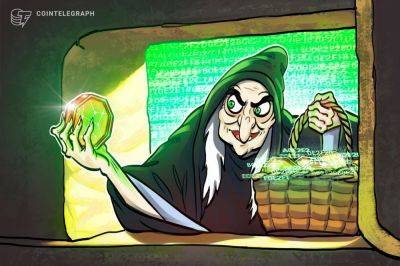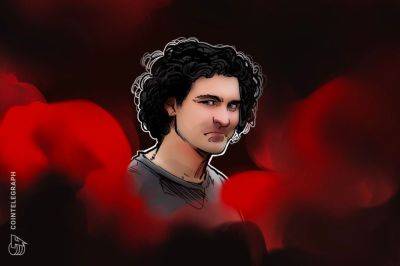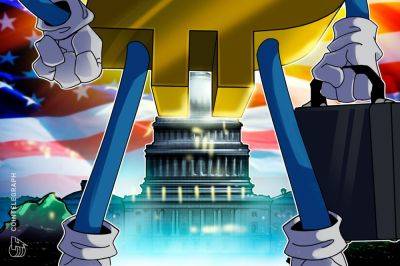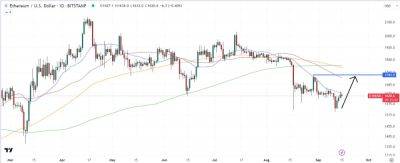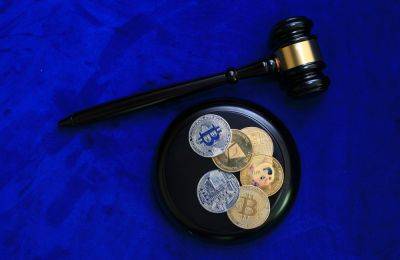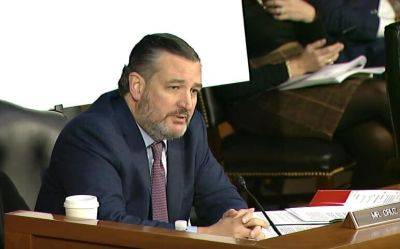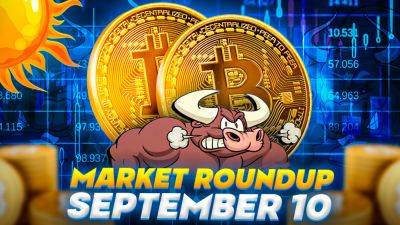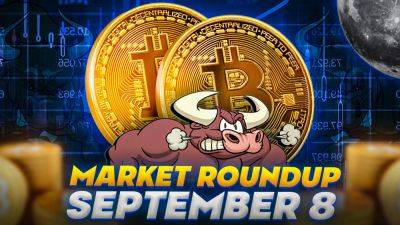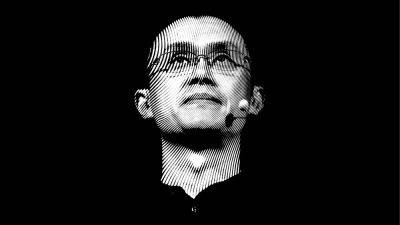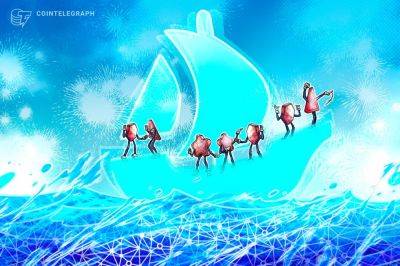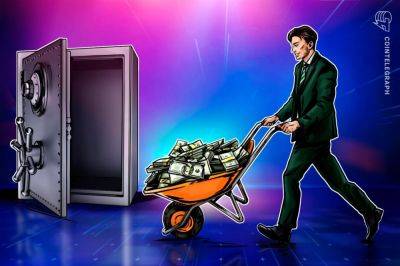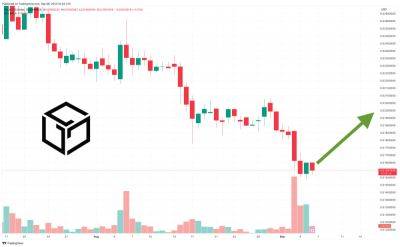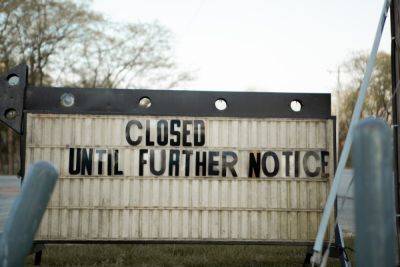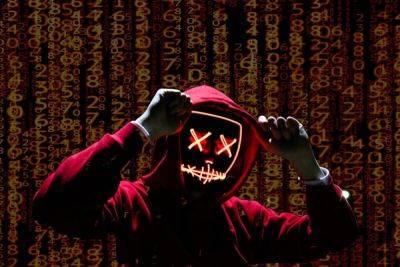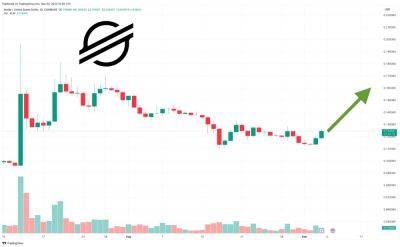What Is A SubDAO?
Disclaimer: The Industry Talk section features insights by crypto industry players and is not a part of the editorial content of Cryptonews.com .
A DAO, or Decentralized Autonomous Organization, is still a fairly new term, with most people outside of the crypto ecosystem either never hearing the term or not knowing what it means. Over thousands of years, the dominating business model has been that of centralization. A business creates a good or service, sells it to customers, and controls all the decisions that need to be made. That there is an emerging business model that goes against everything centralized is amazing in itself, but the reasons are actually fairly complex. It isn’t that we suddenly realized that a decentralized organization would be a good idea. Various political systems have tried this many times, though we’ve never been able to create a system that is both scalable and stable. Centralization or corruption always enter the picture, halting the utopian vision that is pure equality and a community determining their own path. Your typical public company with shareholders may have the appearance of a DAO, with various proposals and votes taking place. However, in practice this is decentralization in name only; the vast majority of public companies have a shockingly small number of shareholders who hold a majority vote.
So why has blockchain allowed organizations to become truly decentralized? The DAO is a simple structure. Though it can be set up a number of ways, the general idea is the same. A group of individuals align their own interests with those of the platform (usually in the form of staking), and are given the privilege of both proposing new ideas and voting on the ideas that have been
Read more on cryptonews.com

